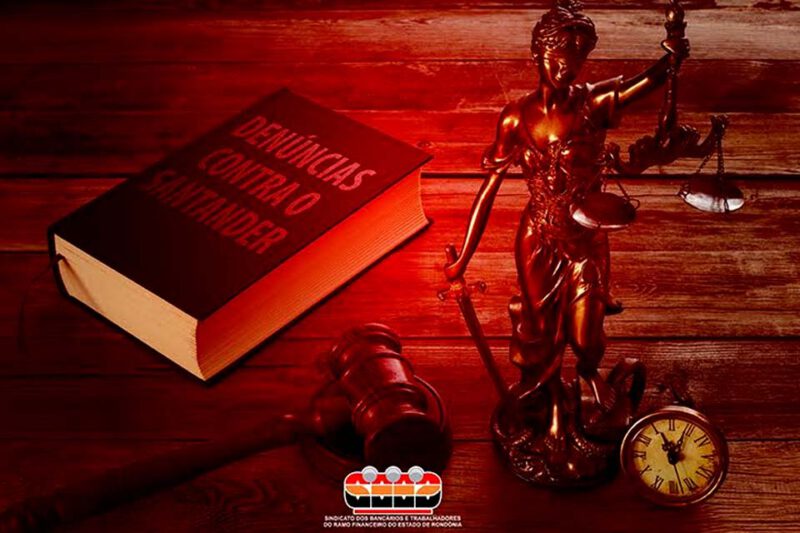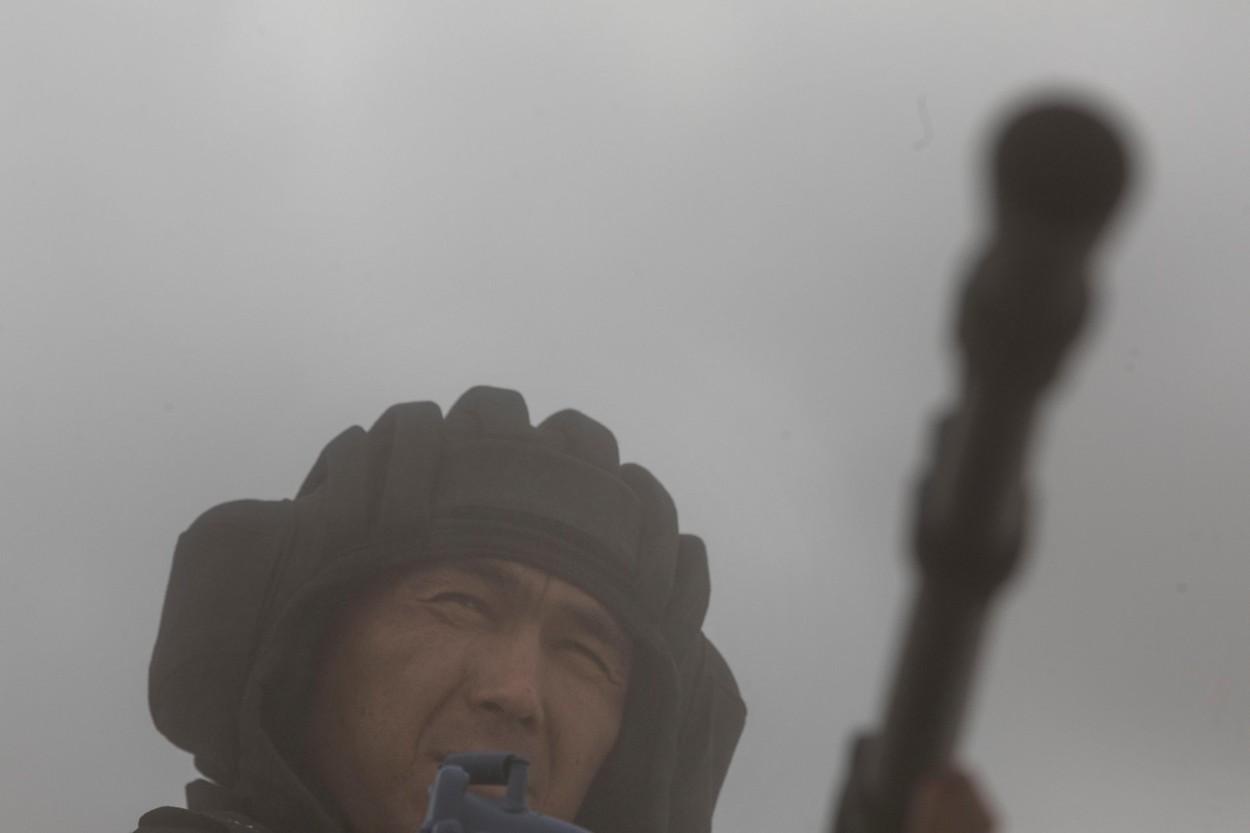COMMENTARY
American leaders who handle classified materials have failed to properly secure national secrets
Published March 11, 2024 5:28AM (EDT)
Donald Trump | Stacks of boxes in the storage room can be observed at former U.S. President Donald Trump’s Mar-a-Lago estate in Palm Beach, Florida. (Photo illustration by Salon/Getty Images)
It is becoming increasingly apparent that those who serve at the highest level of government in the U.S. have failed to protect the national security of this nation. Recent investigations have shown that Joe Biden, Mike Pence, Hillary Clinton and former FBI director James Comey have been complicit in failing to protect this country’s secrets by incorrectly storing and poorly handling classified documents. But according to a Thursday filing from special prosecutor Jack Smith, Donald Trump stands apart in his hoarding of national security documents.
The chief executive should lead by example; those who work in the Intelligence Community and the Departments of State, Defense, and Homeland Security who put their lives on the line to safeguard this country expect nothing less. Trump allegedly held onto 70 boxes of classified documents at his Mar-a-Lago resort. “During his presidency, Trump used dozens of boxes to accumulate and store records in an informal filing system,” prosecutors allege. “At the end of his presidency in January 2021, around 85 to 95 of these boxes were removed from the White House and transported to Mar-a-Lago, Trump’s residence in Palm Beach, Florida, where they were later placed in a storage room.”
Smith adds: “There is no one who is similarly situated.”
Why (and how) should classified material be properly stored and handled? To begin, these documents could provide sources and methods used to acquire information that was collected that an adversary would like to learn about to stop the U.S. from accessing information about them in the future; information should only be viewed in areas cleared for classified material (like sensitive compartmented information facilities or SCIFs) and should be destroyed or locked up in approved storage containers and areas (or better yet, destroyed by a shredder authorized to be used for the level of classification) when no longer needed. Secondly, classified material exposure could provide nefarious types with information on plans and capabilities of the U.S. thereby potentially exposing vulnerabilities from those who would want to harm this country. Third, if discovered by malign actors, this information could be used against the holder for information or pressure. Finally, if adversaries were able to access these materials, they would potentially have indicators and warnings as to what the U.S. might have in store for those potential foes.
Leaders who work as public administrators inherently have a responsibility to earn and maintain the trust of the public for whom they serve. Whether one is a career government employee, a political appointee, or a politician, if one needs to access classified material, one should respect the necessity of safeguarding the information to keep one’s nation’s secrets a secret. Accordingly, there is a need for one standard, and this should exist for everyone (government employees, political appointees, and politicians) and favoritism (or exemptions) should not be afforded based on how one finds themselves in the realm of national security.
A 2022 report showed that roughly 4.2 million people possessed security clearances in the U.S. The U.S. government has three classification levels beyond unclassified: confidential, secret, and top secret. Of those with clearances, most have secret clearances which afford them information that could cause serious damage; roughly 1.3 million had access to top secret information, which potentially affords the individual with classified information that could cause exceptionally grave damage to the national security of this country.
What one has learned is the leaking of classified information transcends any single political party. Both Trump and Biden have been found to possess documents at both the secret and top secret levels. What’s more is that in the case of both individuals, not only did they mishandle the documents by possessing them when no longer having an active need for them, but both Trump and Biden failed to adequately store these calling into question who might have gained access to the information that could cause either serious of exceptionally grave damage to the security of this country. “While each of them, to varying degrees, bears a slight resemblance to this case,” Smith wrote of Biden, Clinton, Comey and Pence’s cases of classified document mishandling, “none is alleged to have willfully retained a vast trove of highly sensitive, confidential materials and repeatedly sought to thwart their lawful return and engaged in a multi-faceted scheme of deception and obstruction.”
Professionals who work in the Intelligence Community endure lengthy instruction, annually, on why it is imperative for those charged with a nation’s secrets to properly handle the information and put into fruition mitigating strategies to prevent the mishandling and incorrect storage of classified material.
Those in levels of authority have the responsibility to lead by example. Regardless of a person’s political affiliation, and whether someone is elected to office, serving as a political appointee, or a career government employee, all who have access to classified information, need to understand their responsibility to secure such documents and should be held to the same standard. This begins at the top with the President of the United States. Continuation of the mishandling and improper storage of classified material cannot continue. Those who work in the national security field count on those with security clearances (regardless of the level at which they serve) to properly handle the information to which they have access. We call for improved procedures for offboarding top-level officials, which should be up to standard no matter how powerful the position.
By John Michael Weaver
John Michael Weaver, DPA, is an Associate Professor of Intelligence Analysis History and Political Science Department at York College of Pennsylvania.
MORE FROM John Michael Weaver
By Tom Røseth, Ph.D.
Tom Røseth, Ph.D., is an Associate Professor of Intelligence Studies Norwegian Defence Command and Staff College (NDCSC) in Oslo, Norway.
MORE FROM Tom Røseth, Ph.D.
Note: This article have been indexed to our site. We do not claim legitimacy, ownership or copyright of any of the content above. To see the article at original source Click Here













